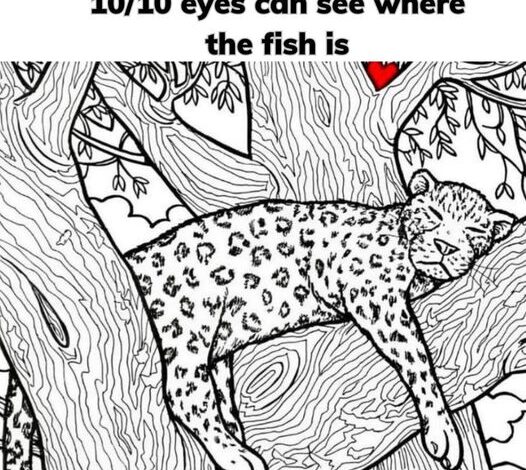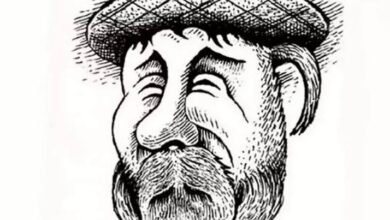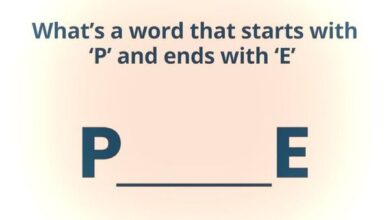Exploring the Allure of Optical Illusions in Art

Exploring the Allure of Optical Illusions in Art
Introduction
Optical illusions in art, like the one you’ve encountered, captivate the imagination by challenging our perceptions and offering a playful interaction with the artwork. These illusions invite viewers to engage deeply, often revealing hidden elements that are not immediately apparent.
The Charm of Hidden Images
Artists have long employed the technique of embedding hidden images within their works to add a layer of mystery and interactivity. This approach not only enhances the aesthetic value but also encourages a more attentive examination of the art. In the case of the image you shared, the hidden fish element challenges observers to look beyond the obvious, promoting a deeper connection with the artwork.
Psychological Appeal
Optical illusions tap into the brain’s perceptual processes, illustrating how our minds interpret visual cues. The fascination with such images lies in their ability to trick the eye, temporarily baffling the viewer’s sense of reality. This not only entertains but also broadens our understanding of human cognition and visual perception.
Artistic Techniques
Creating an optical illusion requires meticulous planning and a deep understanding of visual perception. Artists must skillfully manipulate lines, colors, and shapes to conceal and reveal elements seamlessly. In your image, the artist has expertly used the natural textures and patterns of the tree bark and leopard’s fur to integrate the fish into the scene without breaking the visual harmony.
Conclusion
Optical illusions in art, like the hidden fish in the image you provided, serve as delightful puzzles that merge artistic creativity with perceptual science. They remain popular in contemporary culture, appearing in everything from classic paintings to digital art, each time offering a fresh opportunity to marvel at our complex visual system’s capabilities




